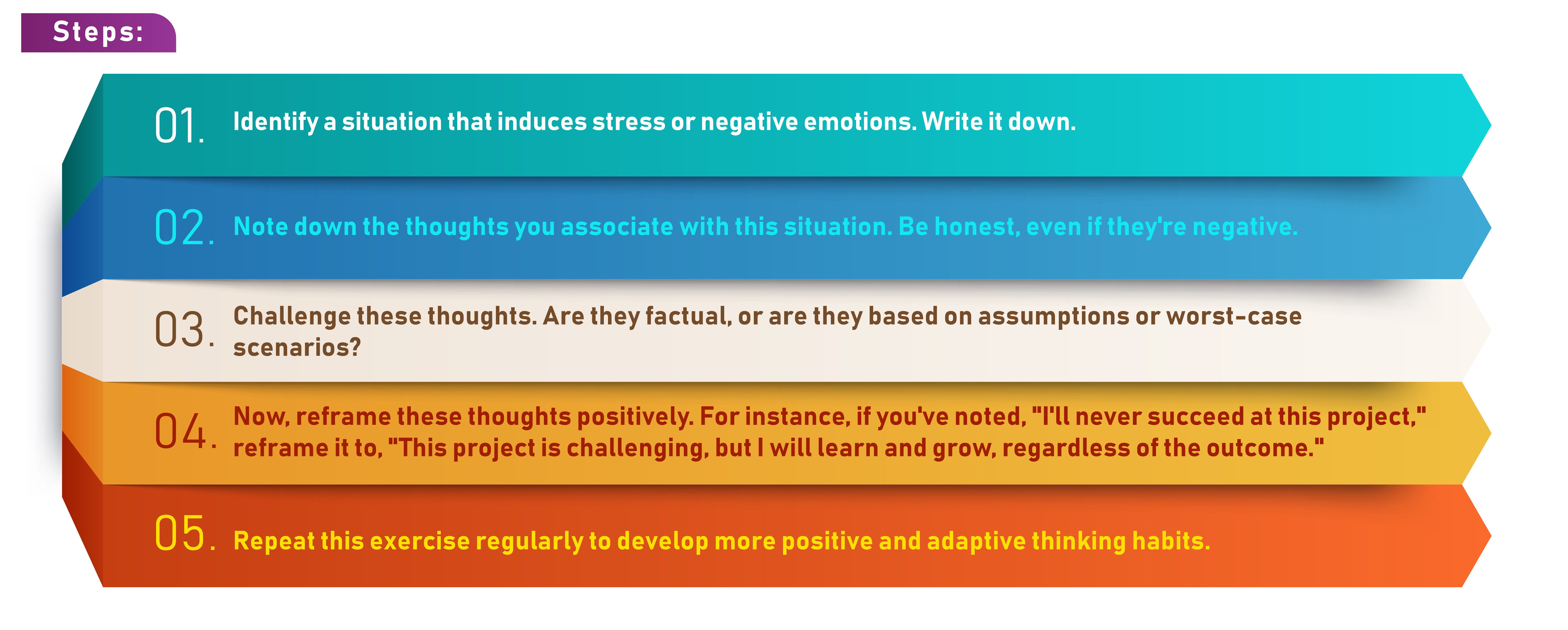Uncovering the silent signs of mental strength. From emotional resilience to self-control, these subtle indicators reveal the power of the mind often hidden in plain sight.
Have you ever wondered, “What makes a person mentally strong?” It’s not as clear as black and white. Mental strength isn’t just about weathering the storm, it’s about learning to dance in the rain. It’s the ability to bounce back from adversity, maintain a positive outlook, and keep going when the going gets tough. It’s about resilience, self-control, and the capacity to turn challenges into opportunities.
In this blog, we will delve into the key signs of mental strength, helping you to recognize and cultivate these traits within yourself.
Decoding The Science First
Mental strength involves the dynamic interplay of our brain’s neural pathways, hormones, and other physiological processes. It hinges on neuroplasticity, our brain’s capacity to adapt and change. When we engage in resilience-building activities, we develop more robust neural connections, enhancing our capacity to manage stress.
Additionally, our bodies regulate hormones like cortisol, known as the stress hormone, and endorphins, which elevate mood. Practices such as mindfulness and exercise influence these systems, modulating stress responses, and promoting mental strength. Therefore, mental strength isn’t merely a psychological attribute, but a biologically rooted trait interweaving our minds, brains, and bodies.
How to find out if I am mentally strong?
Recognizing mental strength in oneself can be an enlightening journey of self-awareness and personal growth. It’s about gauging your ability to navigate life’s complexities, your resilience in the face of adversity, and your capacity for emotional regulation. To assist in this exploration, here are five key signs that you may possess considerable mental strength:
1. You’re the Captain of Your Emotions
Mental strength is often reflected in emotional regulation. Rather than being a “leaf in the emotional wind”, you demonstrate control over your feelings, understanding them without letting them overwhelm or dictate your actions. For example, you might feel frustrated with a work project, but rather than succumbing to anger or despair, you take a deep breath, recognize your emotions, and focus on finding a solution.
2. You Turn Lemons into Lemonade
This means making the best out of difficult situations, a characteristic feature of mentally strong individuals. When life throws curveballs your way, instead of viewing them as insurmountable hurdles, you see them as opportunities for growth. For instance, losing a job can be devastating, but you use it as an impetus to explore new career paths or to develop new skills.
3. You’re an Emotional Rock
Being an ’emotional rock’ signifies your ability to maintain calmness and composure during stressful situations. Your ability to stay grounded, even when things around you are chaotic, signifies mental strength. For example, in a crisis, while others may panic or freeze, you stay calm, think logically, and work on addressing the problem at hand.
4. You Dance in the Rain
This suggests that you don’t merely endure challenges, but you embrace them. You accept hardships as part of life and perceive them as valuable learning experiences, not just unavoidable suffering. For instance, a challenging health diagnosis may spur you to adopt a healthier lifestyle and inspire others with your journey, rather than simply lamenting your circumstances.
5. You Know When to Hold ’em and When to Fold ’em
Adapted from a popular song, this phrase implies that mentally strong individuals know when to persist and when to let go. Stubbornness isn’t always a virtue, and sometimes, conceding, changing paths, or admitting that you were wrong shows more strength than holding on. For example, if you’re in a toxic relationship, acknowledging it and having the courage to walk away exemplifies mental strength.
Enhancing Mental Resilience: Two Practical Exercises to Build Mental Strength
Building mental strength, like physical strength, requires dedication, consistency, and targeted exercises. Here are two effective exercises designed to enhance your mental resilience: practicing mindfulness and engaging in cognitive reframing.
1. Mindfulness Meditation

2. Cognitive Reframing
Cognitive reframing involves changing negative thought patterns into positive ones, promoting mental flexibility and resilience.

Takeaways:
Building mental strength is a lifelong journey, not a destination. Embrace these exercises as part of your routine to cultivate resilience, improve emotional regulation, and navigate life’s challenges with greater ease and confidence.







